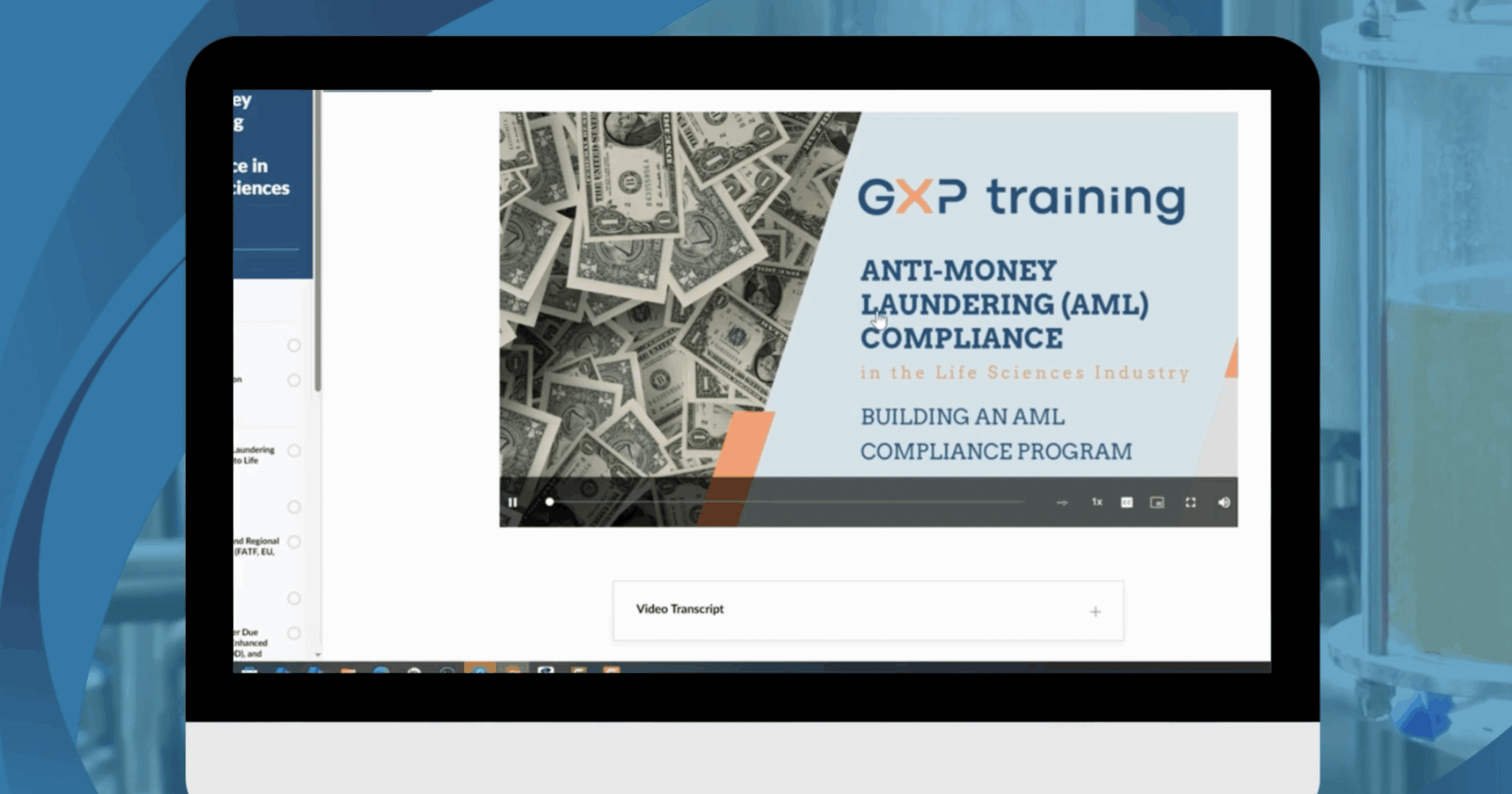Home / Online GXP courses / GCP : Clinical Trials / Clinical Management of Non-Interventional Studies


Successful completion provides learners with a dated, traceable and downloadable certificate for the course :
Each certificate is CPD/CEU accredited and 21 CFR PART 11 compliant. Certificates validity can be checked online through our certificate online checker. They can also be shared on Linkedin.
Non-Interventional Studies (NIS) are clinical research exploits that take advantage of treatment programs that are already in full swing. They are contrary to clinical trials which involves the administration of therapeutic agents or devices in a controlled/uncontrolled clinical setting for evaluation of efficacy and safety. NIS exploits usually look at the effect of proven treatment plans and products on patients’ responses clinically and behaviorally.
This course differentiates between these classes of clinical research and teaches the elements of ethical NIS. As legislation that guides NIS changes globally, roughly every six months, it is necessary to highlight important elements of the processes and how to do due diligence concerning them.
In this course, we provide a synthesis of the topic through an interactive online experience. This material was built by a team of Regulatory Affairs Experts with a Qualification from Northeastern University, Boston, piloted by a Senior Member able to articulate theory with practice.
Lesson 1: What is Clinical Research?
Lesson 2: What Are the Main Principles of Research Ethics?
Lesson 3: Real-World Evidence
Lesson 4: Quality Assurance in Non-Interventional Studies
Lesson 5: Verification and Validation
Lesson 6: Observational Studies: Regulatory Considerations
Lesson 7: Regulatory Submissions of Non-Interventional Post-Authorization Safety Studies: Challenges for Data Interpretation and Comparisons with Clinical Data
Glossary
Quiz


$95.00 / year
$95.00 / year
